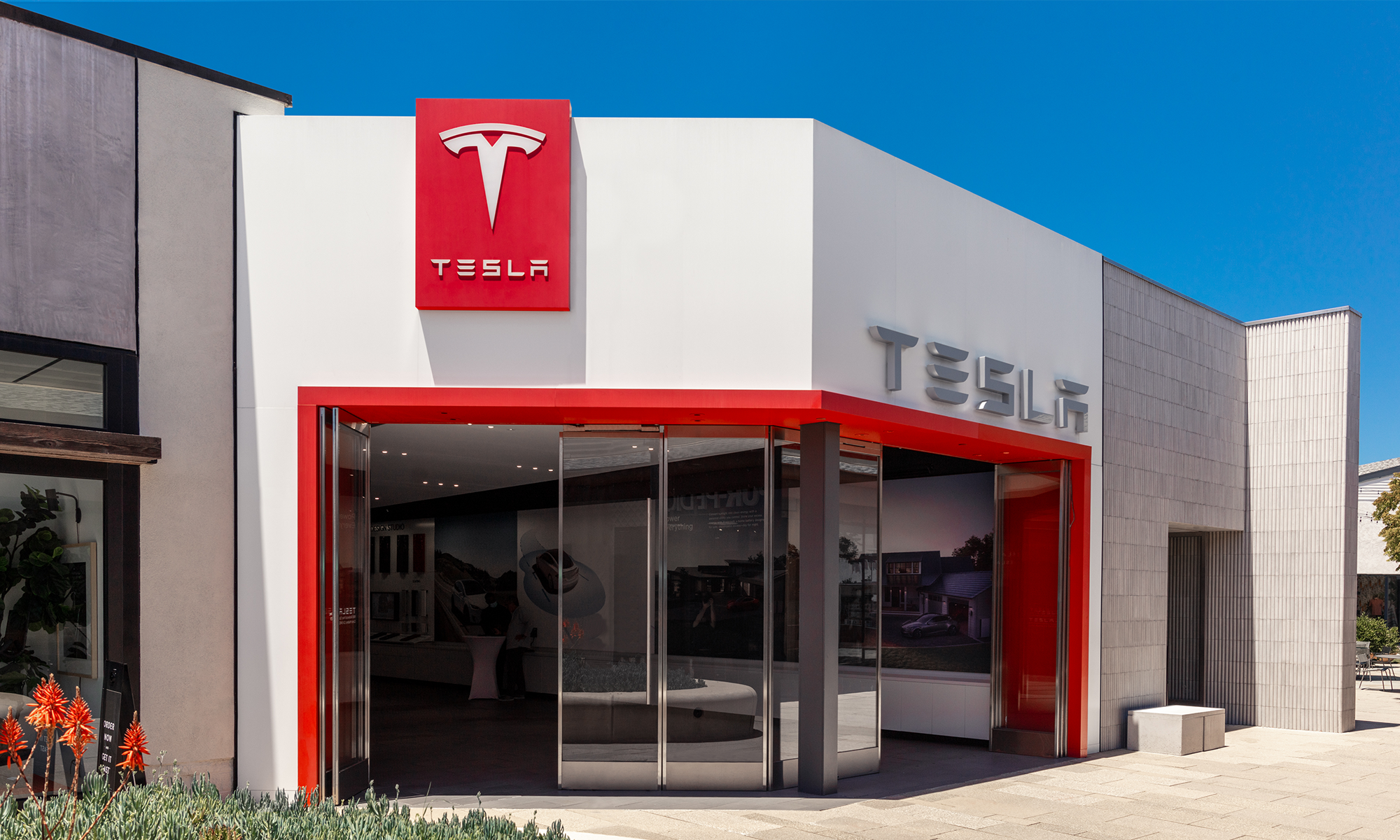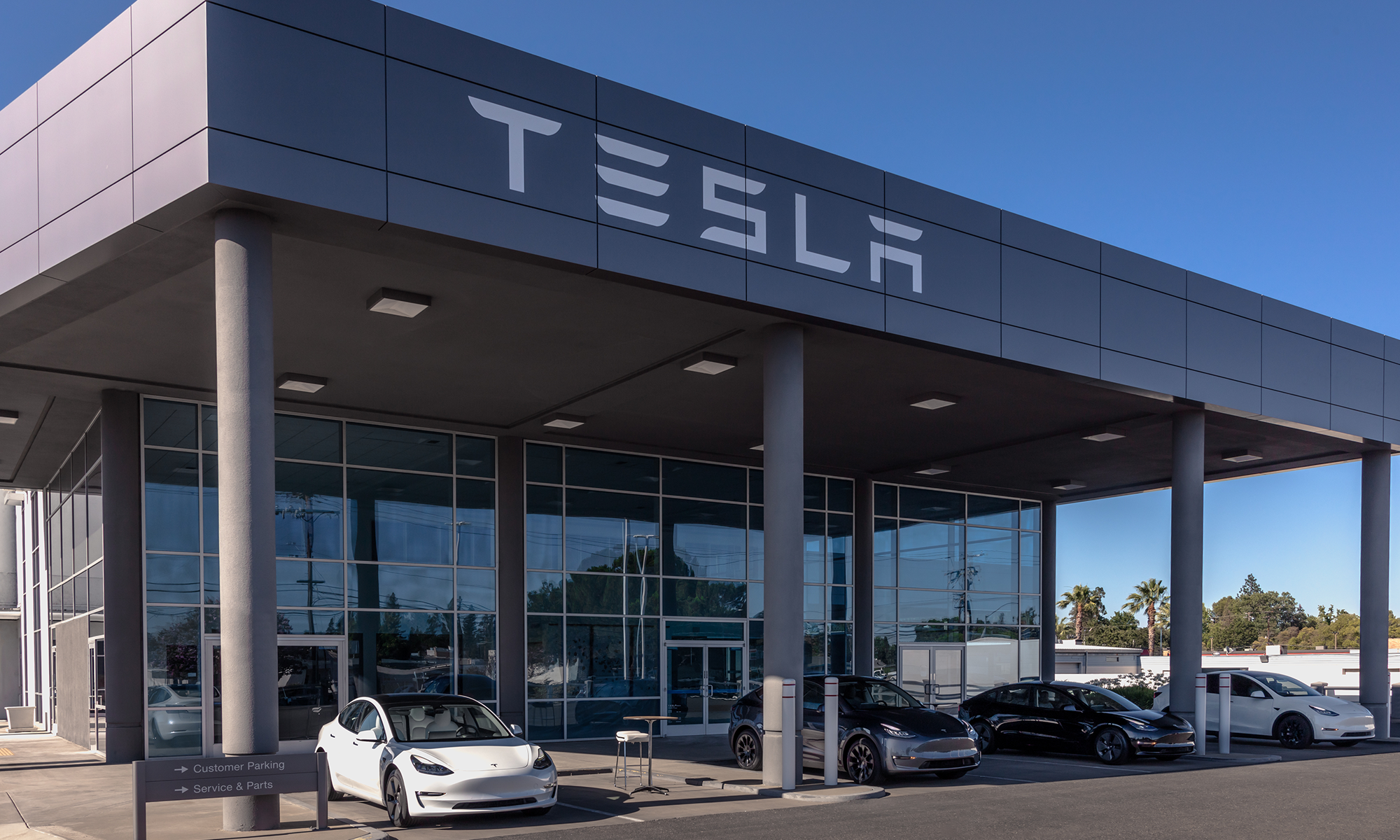When electric-car maker Tesla Motors (TSLA +0.10%) announced its offer to acquire solar-panel company SolarCity (SCTY +0.00%) earlier this week, the overall response from investors was negative. Shares of Tesla fell about 10% in the following trading days as investors questioned the quality of the potential acquisition. As investors evaluate what this potential deal means, here are some notable new quotes from Tesla CEO Elon Musk, who is also the chairman of SolarCity.

Elon Musk. Image source: Tesla Motors.
A total sustainable-energy solution
What does an electric-car company have to do with solar panels?
SolarCity would help complete Tesla's mission to accelerate the advent of sustainable energy, according to Musk. There are three parts to successfully addressing the world's shortage of sustainable energy, Musk explained during Tesla's conference call about the deal. These parts are solar-power energy production, energy storage, and electric vehicles:
In order to solve the sustainable-energy question, we need sustainable energy production, which is going to come primarily in the form of solar -- overwhelmingly in the form of solar, mind you -- then combine that with stationary storage and electric vehicles, and you have a complete solution for a sustainable future. ... And I think those are the three things Tesla should be providing.
Tesla and SolarCity: better together
Are Tesla and SolarCity truly better off together than they are separate? Elon Musk thinks so:
It just became increasingly obvious that as we're developing the Powerwall and new versions of the Powerwall, as we integrate more of the inverter electronics and the intelligence of the Powerwall, we really need to take the solar panels and the solar system into account when doing that. Otherwise you duplicate a lot of hardware; it doesn't work together as well; it's more expensive; the installation cost is substantially higher.
... And then in terms of the sales process itself, when we're selling somebody the Powerwall, very often -- if not almost always -- they're curious about solar. ... So then, not being able to sell them solar directly, through our stores, is quite inefficient. But, I mean, as you look ahead to the Model 3 -- a $35,000 car -- well, that same person at the same moment, we could sell them roughly an equivalent amount of value of solar panels and a Powerwall, effectively doubling -- almost doubling -- the sale at that time, and then putting it all in at the same time.

Tesla Powerwall. Image source: Tesla Motors.
Aligning Tesla with the future
The eventual domination of solar as an energy production source is inevitable, according to Musk. Purchasing SolarCity, therefore, positions Tesla right smack in the middle of this important trajectory, according to him:
I think the tide of history very strongly supports ... a sustainable energy future -- primarily solar, and almost virtually entirely electric vehicles. And there will be things that temporally interrupt that tide of history, but in the long term it will overwhelm everything -- and our goal is to accelerate the advent of that future as fast as possible.
SolarCity's impact on Tesla's financials
With the help of an expected reduction to cost of goods sold thanks to synergies gained by integrating SolarCity's sales and distribution into Tesla's, Musk contends that SolarCity's financials will be a positive contributor to Tesla's overall business:
We expect it to be a net cash generator, not a user of cash -- particularly when taking into account the dramatic reduction in the cost of sales of solar systems sold through our stores. Like the biggest factor in SolarCity's increasing cost per watt in Q1 was their sales cost. ... So that will go dramatically the other direction with sales through Tesla.
Teasing future products
Future SolarCity products may be a game-changer, making this a good time to acquire SolarCirty, Musk explains:
To date, SolarCity has not been significantly differentiated on the products sides -- the solar panels themselves. They certainly will be in the fairly near future. Actually if you just listen carefully to what SolarCity has been saying in its earnings calls and announcements, that -- I think -- should be also pretty clear. SolarCity is saying that there is going to be significant part differentiation.
Solar-panel aesthetics
Musk continued to tease details of future products, emphasizing that SolarCity has some plans in the works to "very significantly" improve the aesthetics of solar panels -- an effort he believes Tesla's core competency in design can contribute to:
I think there's quite a radical difference between having solar panels on your roof that make your house look better versus ones that do not. ... We can't disclose the details of those, because making future product announcements that are really exciting obviously affect future product sales.

Image source: SolarCity.
The solar opportunity
The addressable market for solar is huge, according to Musk, and SolarCity will soon be better to attract more of these potential customers:
Only about 1% of U.S. homes have solar, so you have a massive addressable market that's unserved. There's at least 40 [million] to 60 million households that could do solar if they wanted to. So if the economics were right, and they liked the aesthetics, and it was easy to do, then they would do it. So the future market there is really gigantic.
Does Elon Musk have time to integrate SolarCity?
Between Tesla's Model X production ramp-up, an aggressive Model 3 development schedule, Tesla Energy, and Musk's time devoted to running private rocket company SpaceX, how does the Tesla CEO have time to spare for responsibilities that would come along with acquiring SolarCity?
Time won't be an issue, Musk predicts. Indeed, he believes acquiring SolarCity would actually save him time:
From my perspective, this makes Tesla's future execution easier, not harder. ... We really need to have an integrated product. The Powerwall and the Powerpack need to be designed together so it's a one-piece thing. And we really can't do that if we're two separate companies. ... I think SolarCity has a great future independent of Tesla ... but being able to integrate things at the product level, at the consumer-experience level, the utility level, the commercial level, it makes it easier, not harder.
What do you think? Are Elon Musk's arguments for Tesla acquiring SolarCity convincing?






